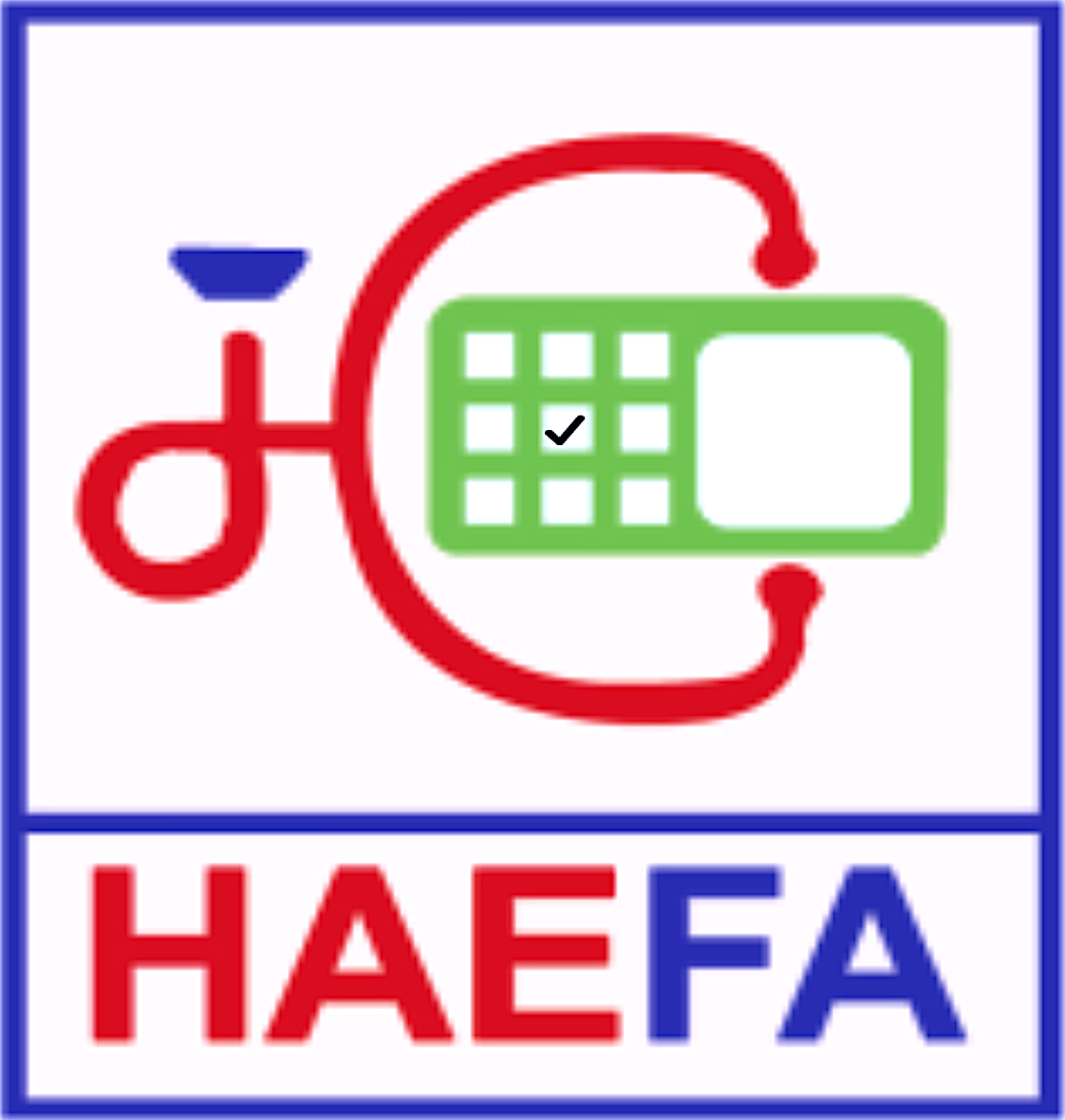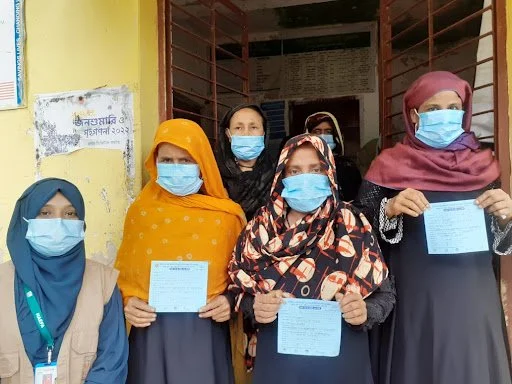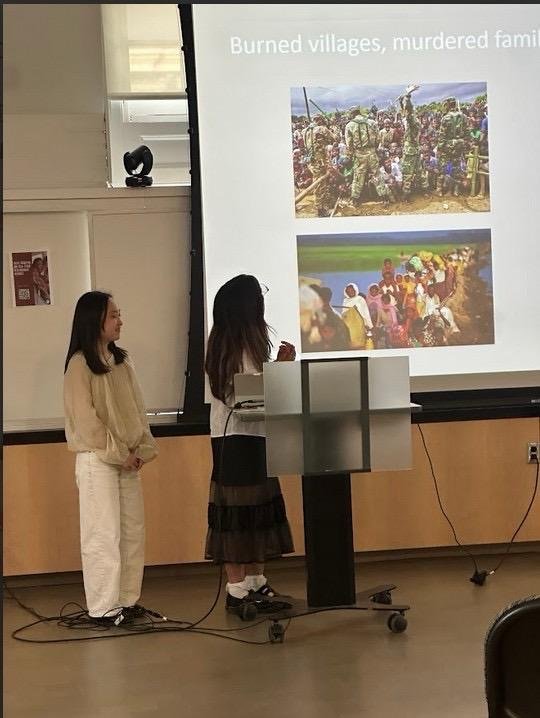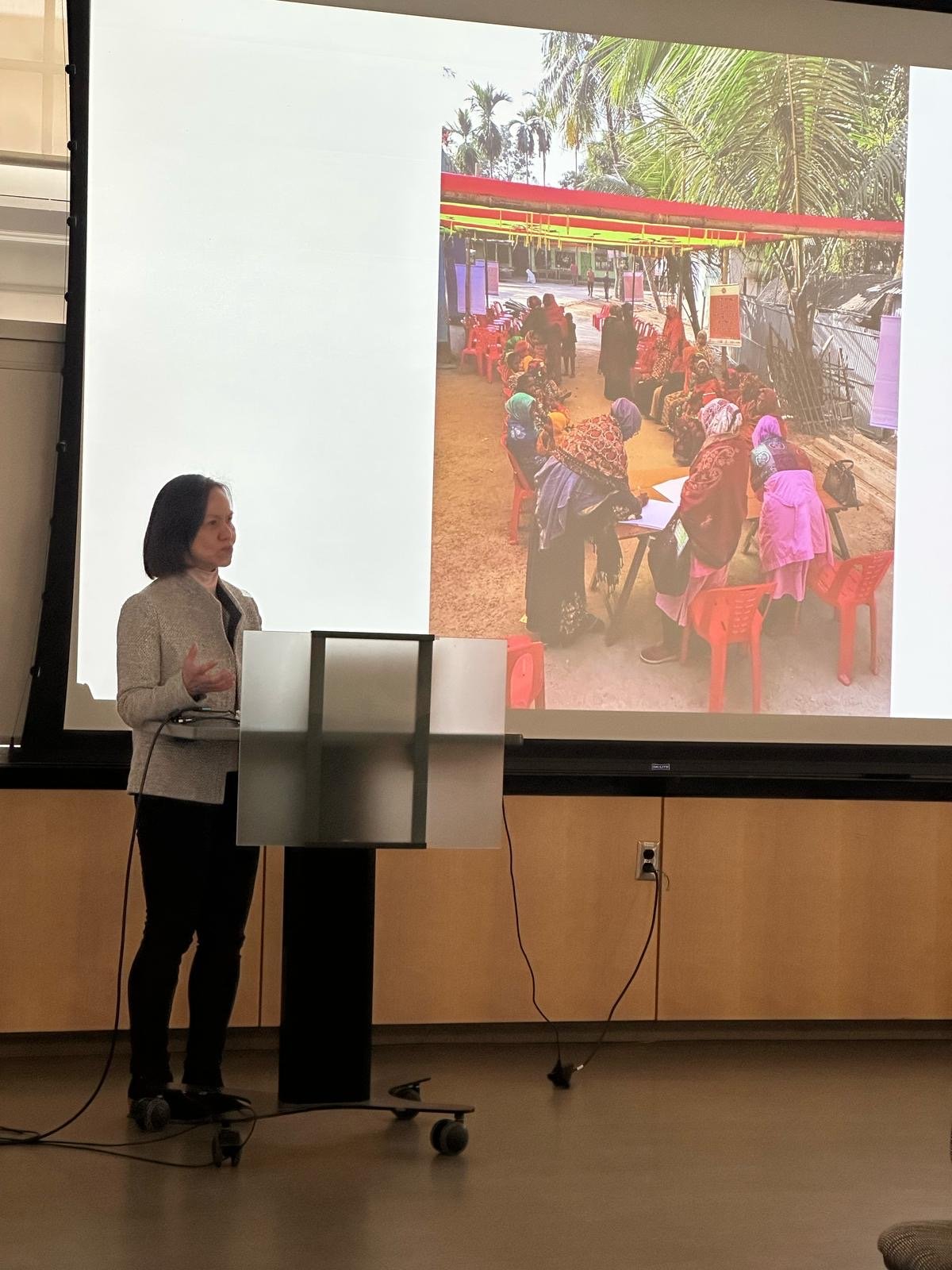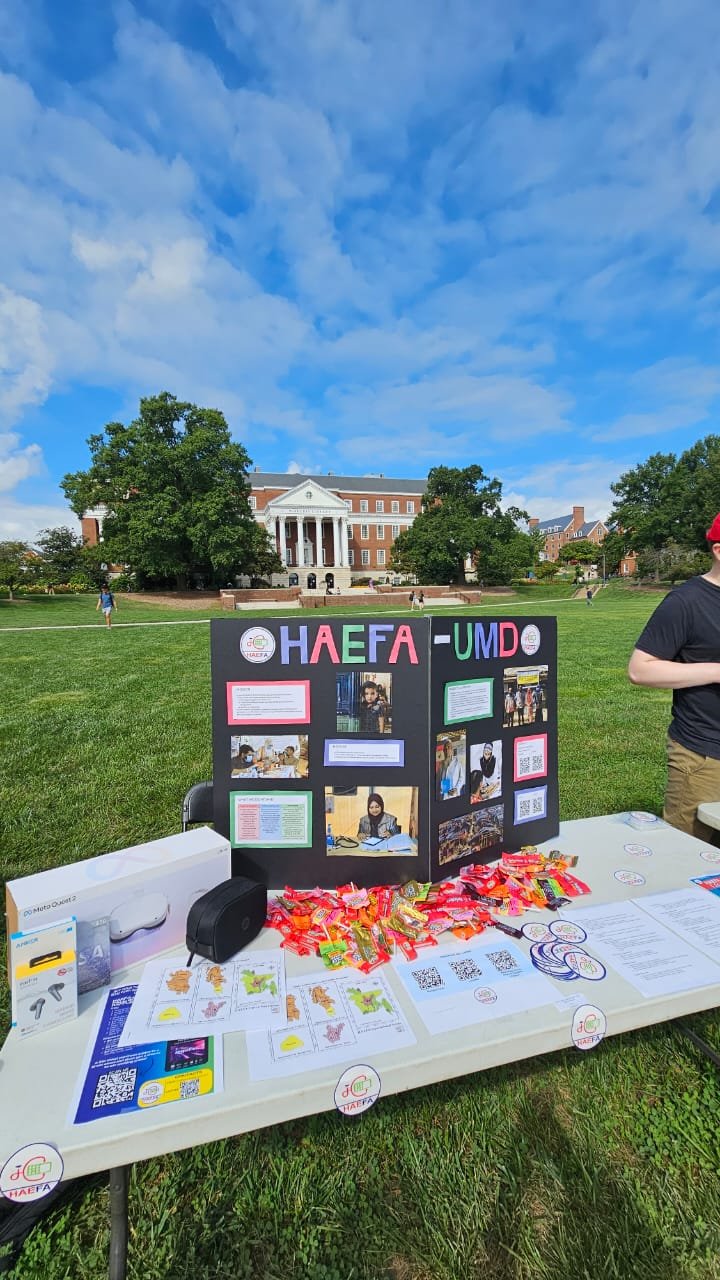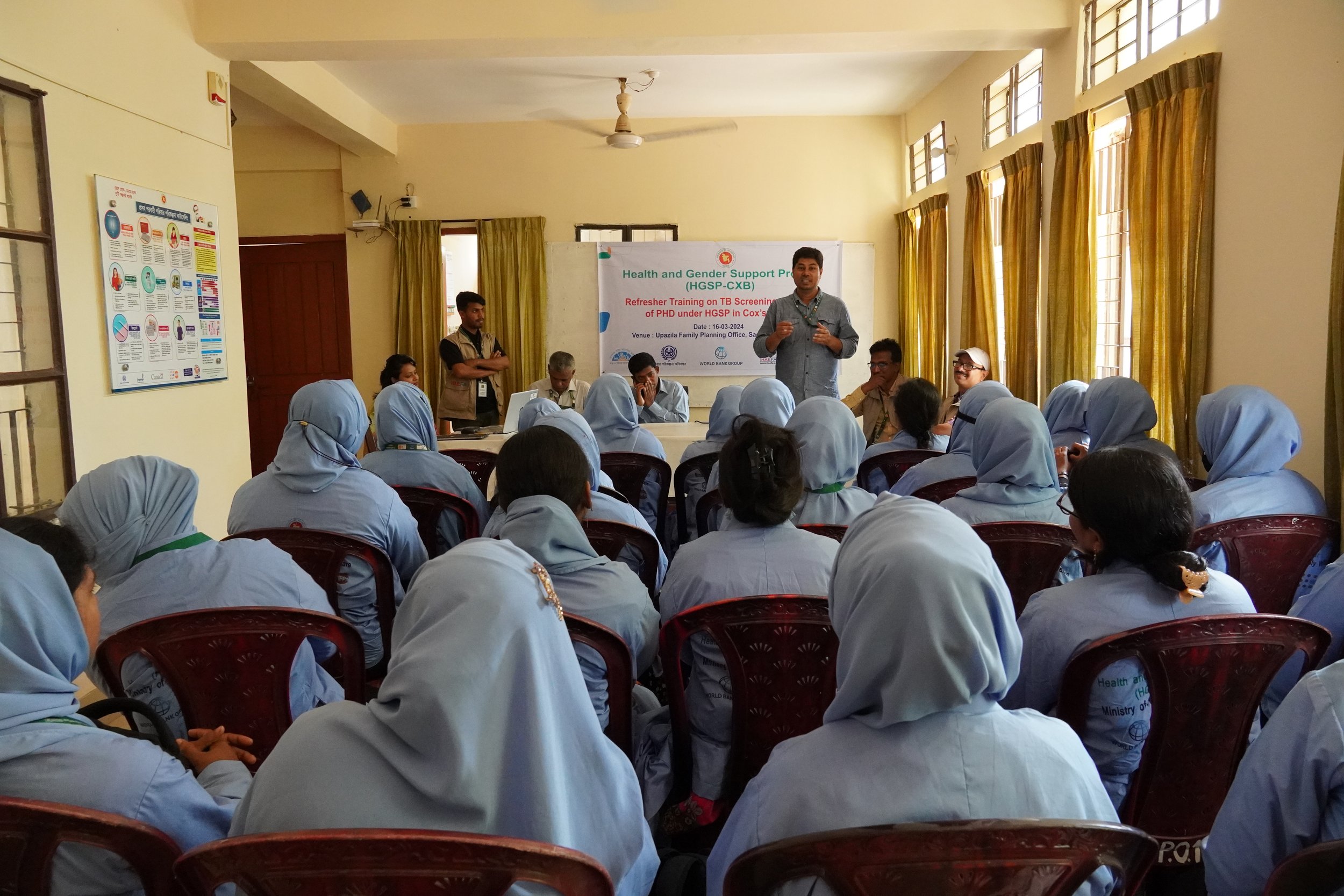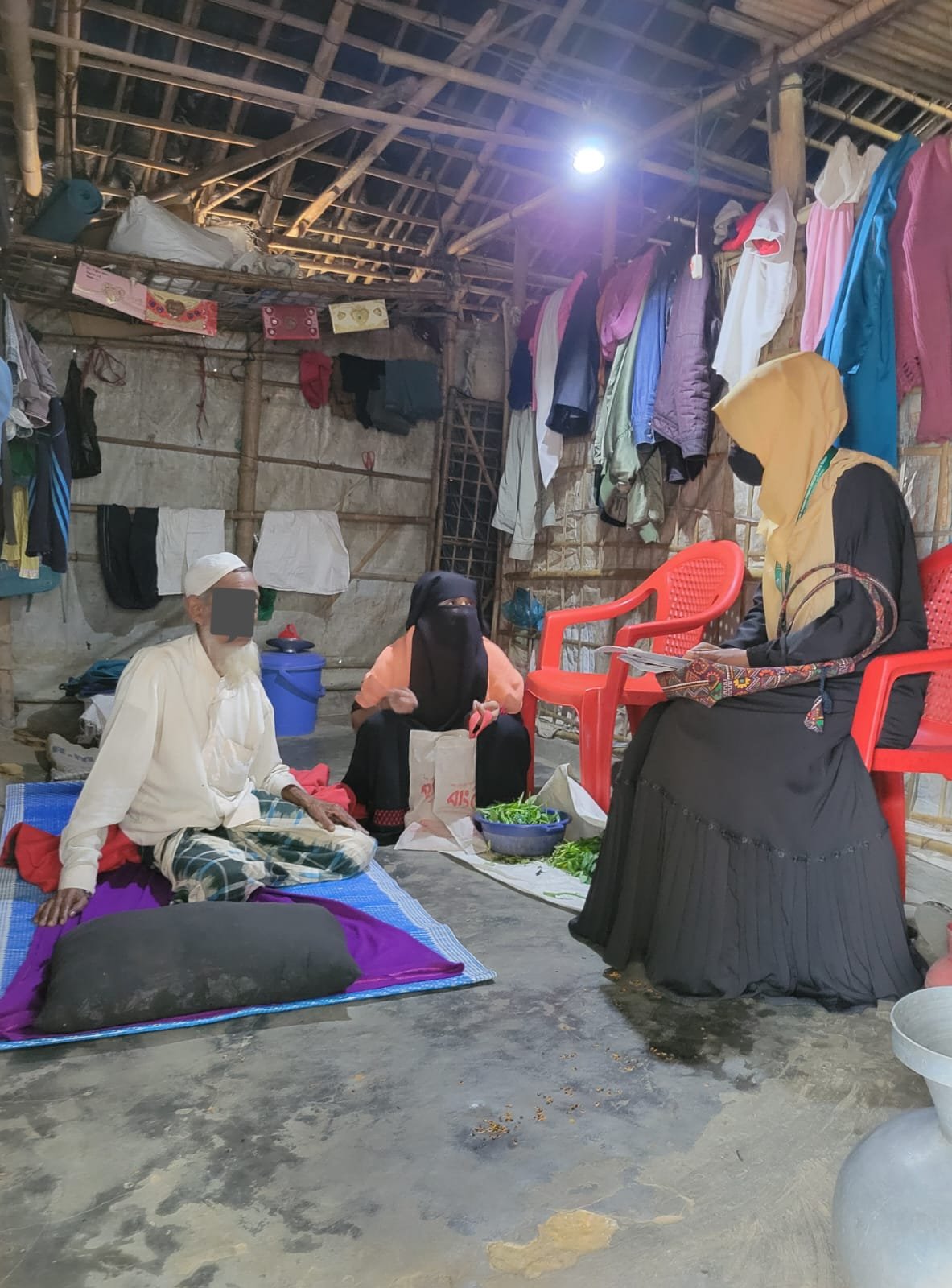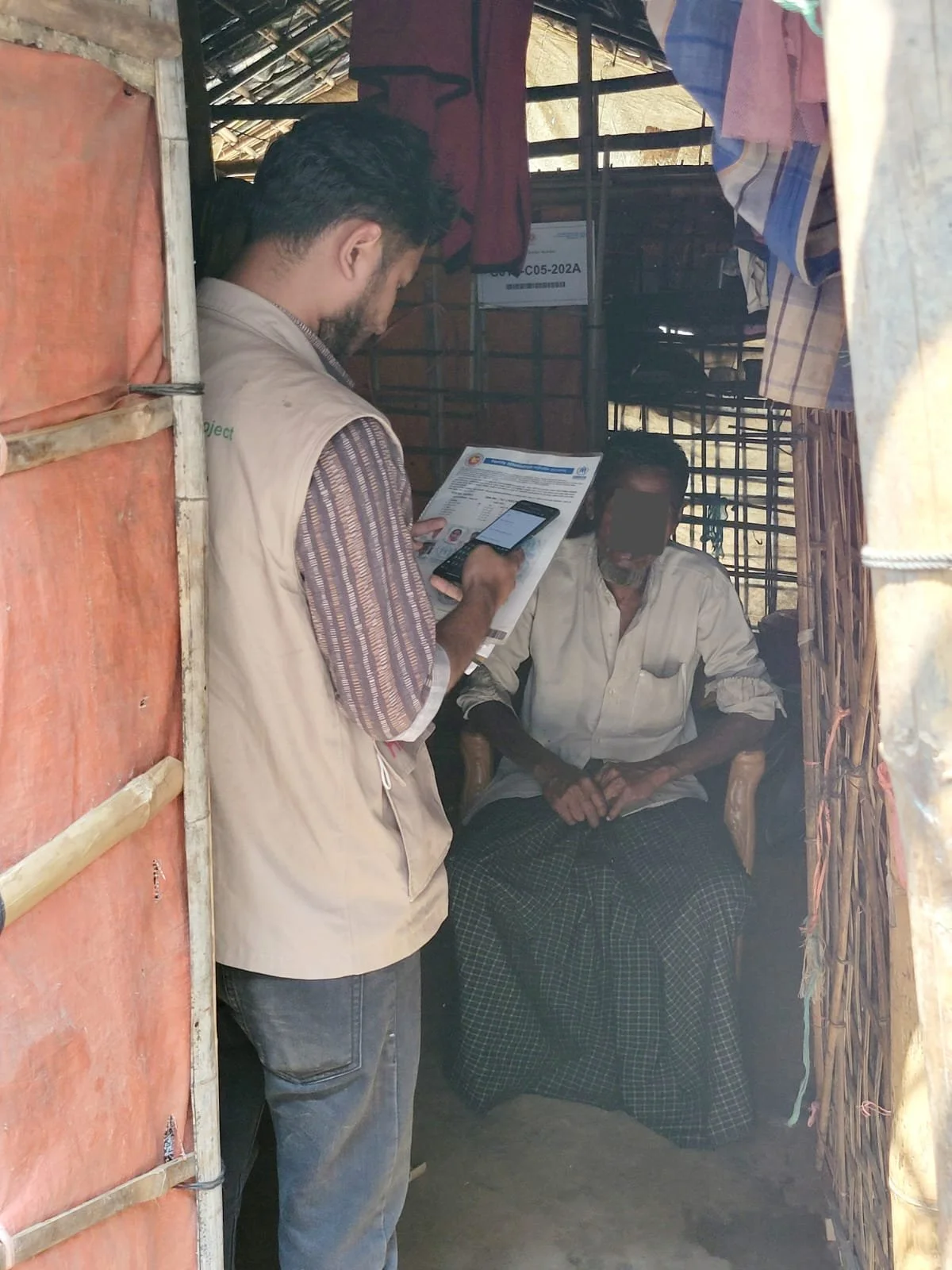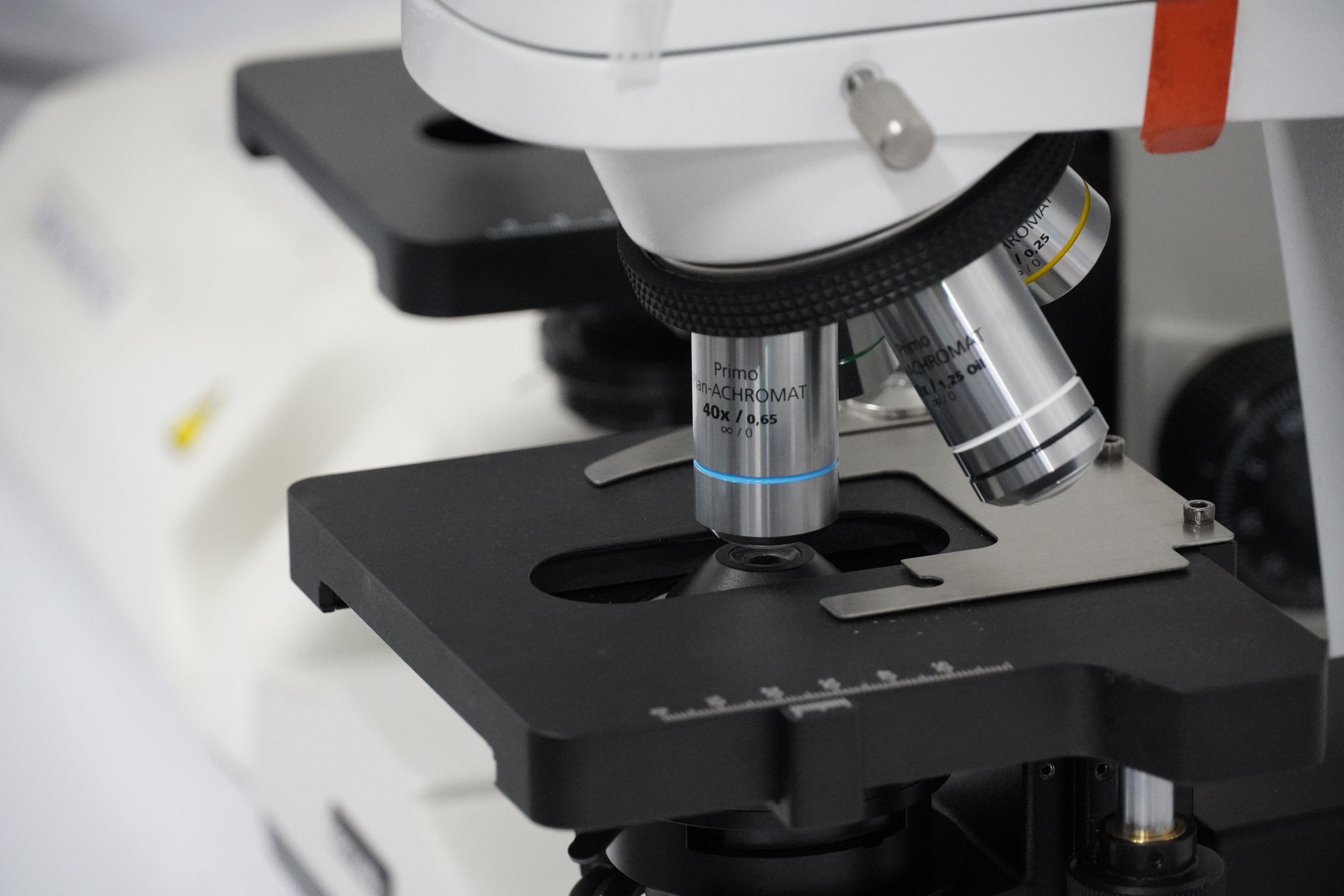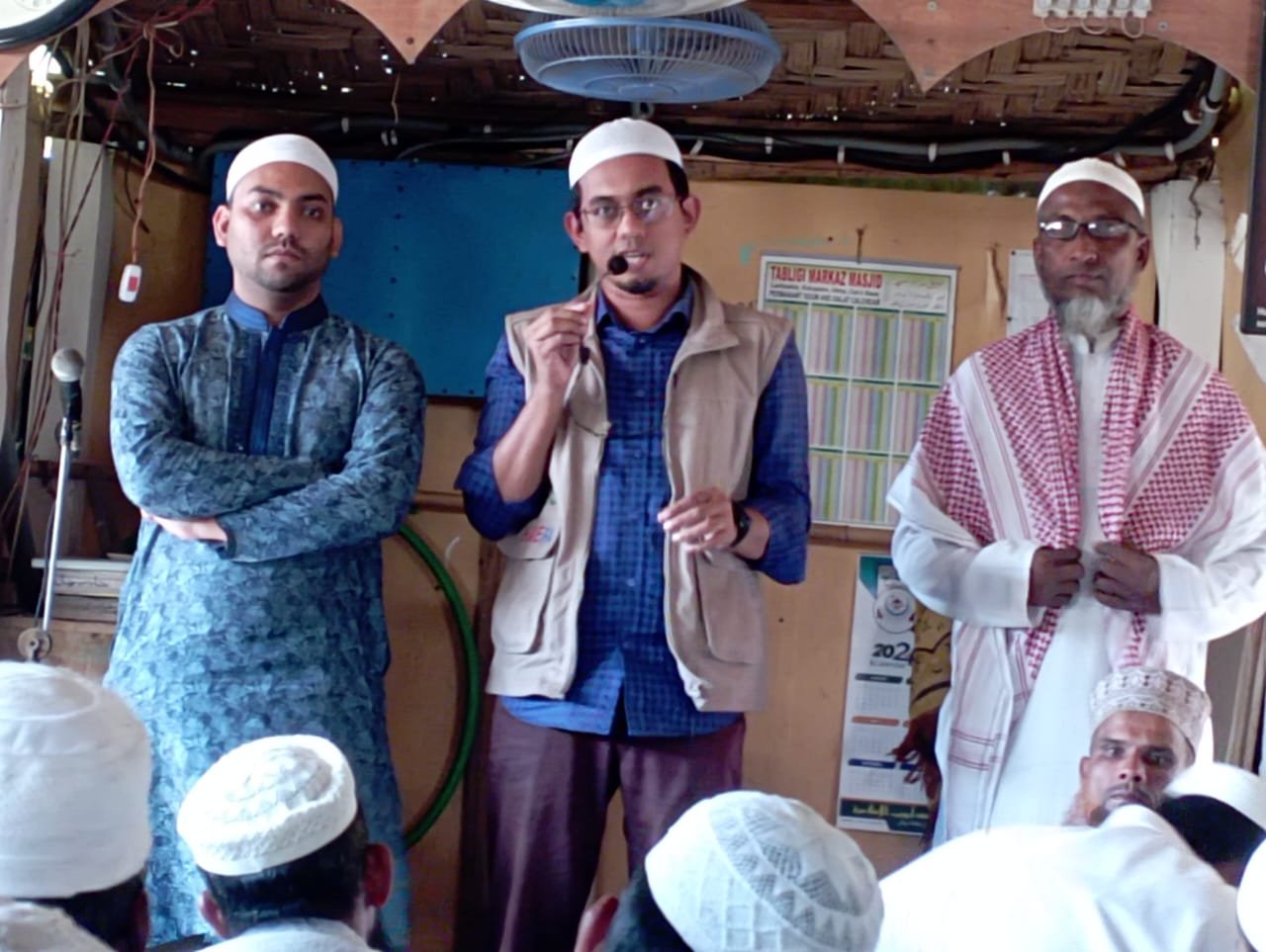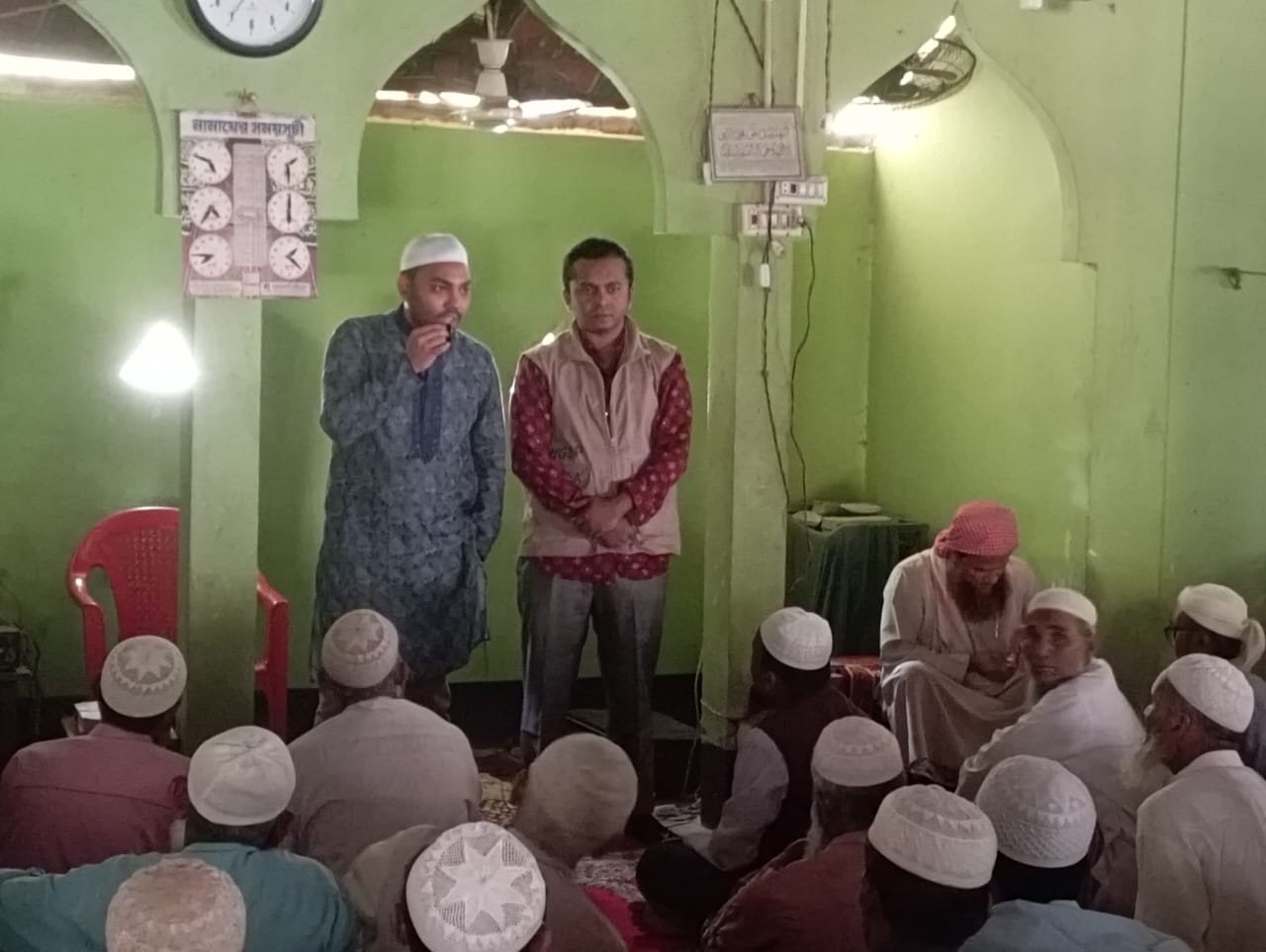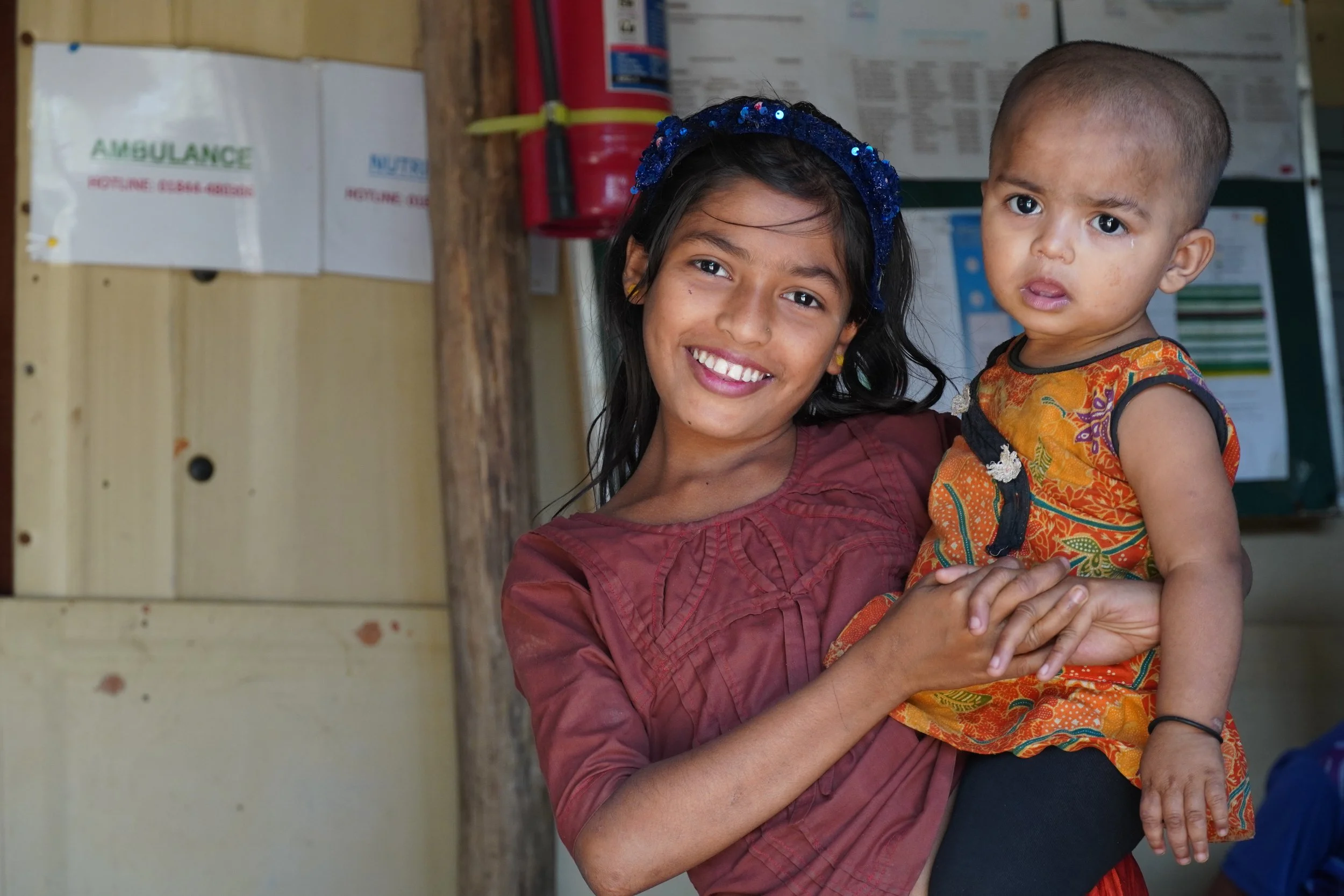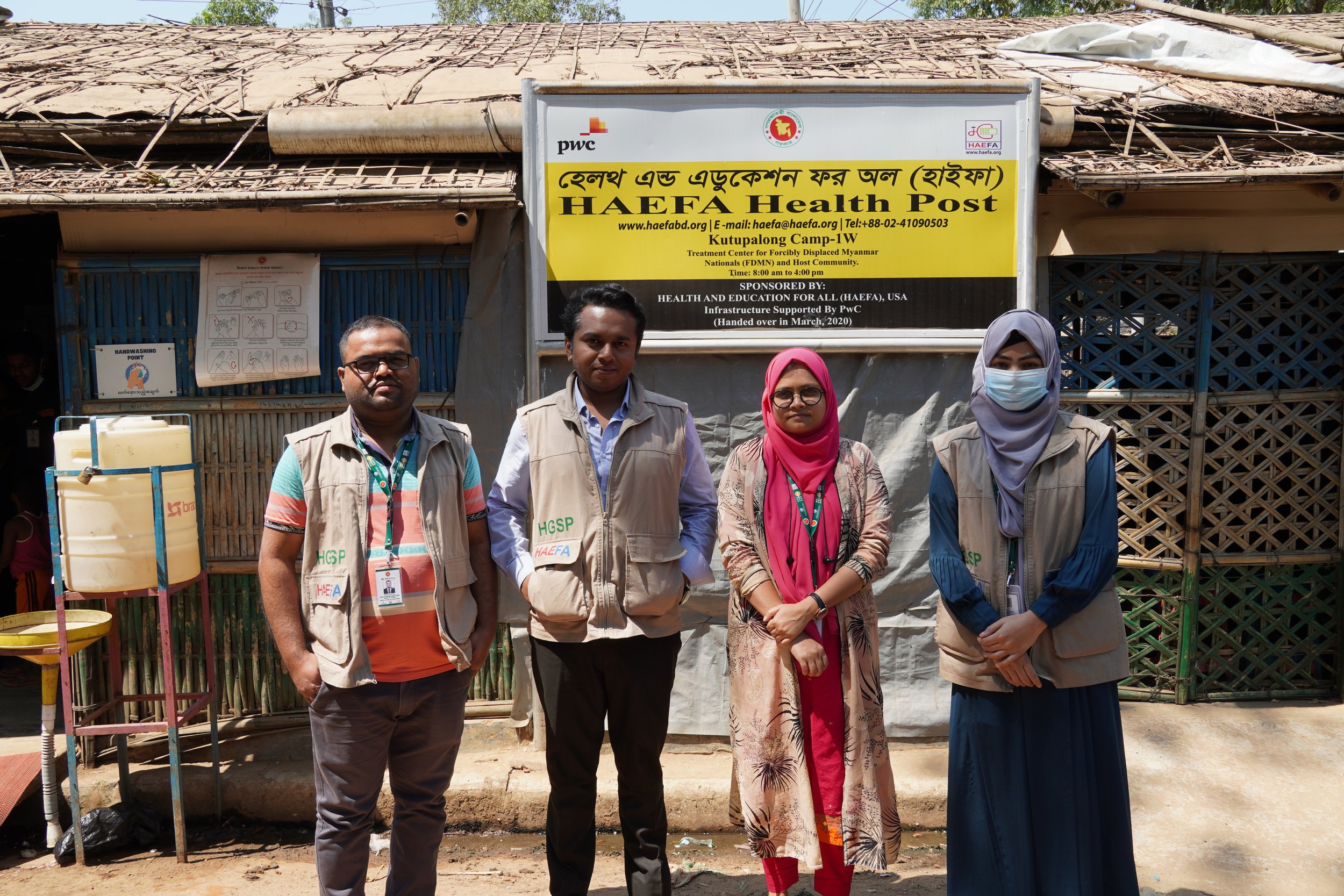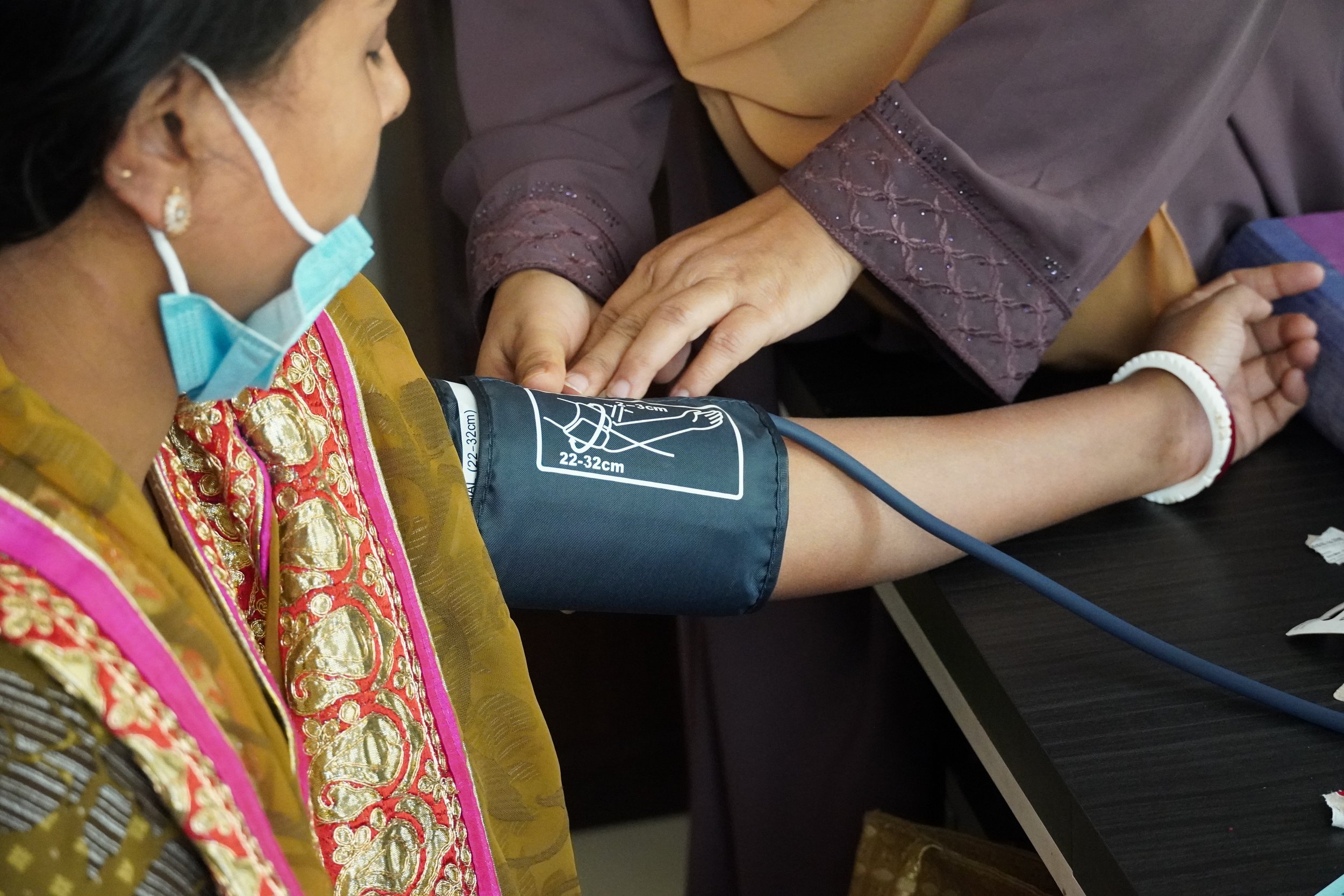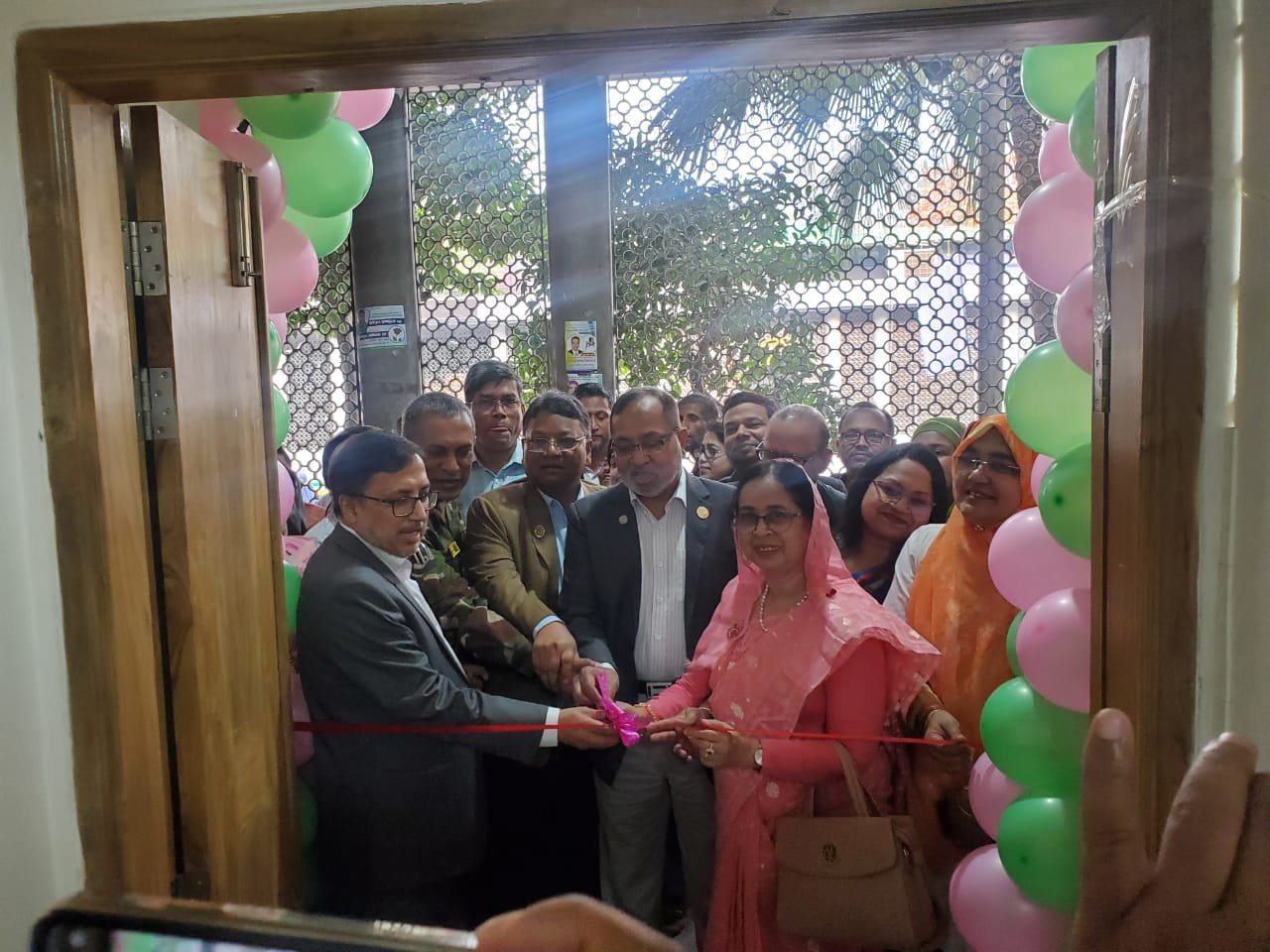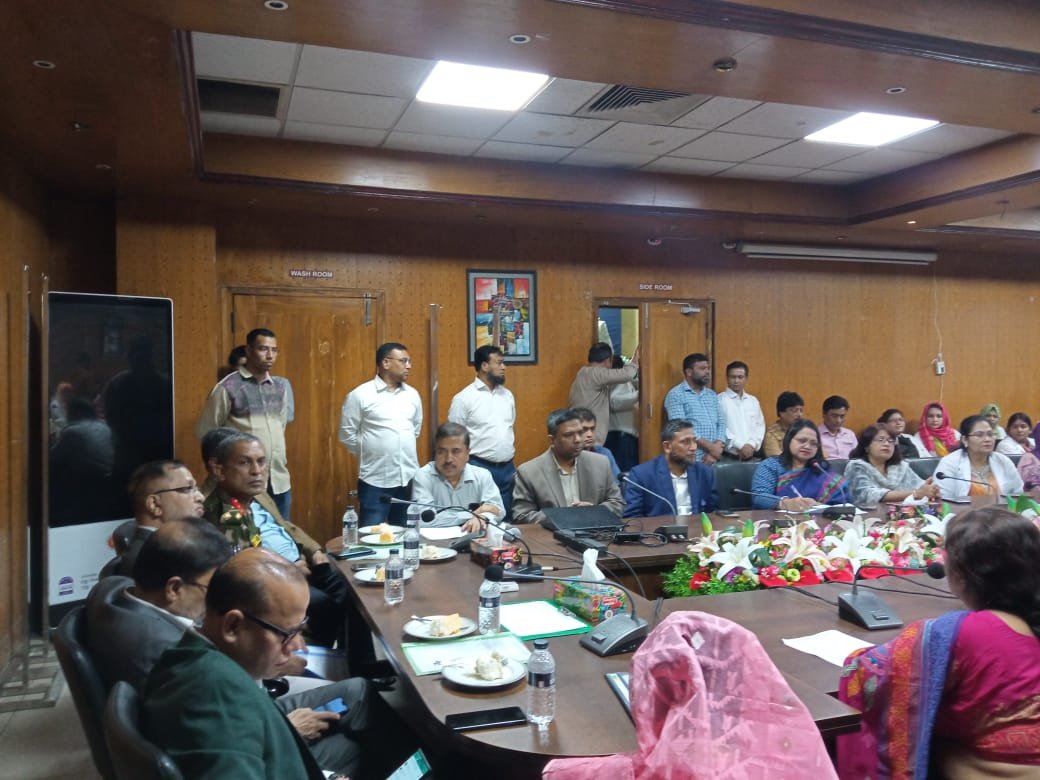On January 29, 2025, the Non-Communicable Diseases Control (NCDC) Program, in collaboration with the National Heart Foundation of Bangladesh, successfully organized the Inauguration Program of the Expansion of the Bangladesh Hypertension Control Initiative. The event took place at 10:30 AM at the CIRDAP International Auditorium in Dhaka. This significant initiative, which focuses on implementing the HEARTS package for hypertension management, marked a major milestone with its expansion from 182 to 310 upazilas, effective January 2025. The expansion underscores the government’s commitment to addressing the growing burden of hypertension and improving cardiovascular health across the country.
The Honorable Advisor to the Ministry of Health and Family Welfare, Nurjahan Begum, graced the occasion as the Chief Guest. She emphasized the critical role of preventive measures, including early screening, lifestyle modifications, and public awareness campaigns, in combating hypertension and reducing the prevalence of cardiovascular diseases in Bangladesh. She commended the collaborative efforts to strengthen primary healthcare services to ensure better health outcomes for the population.
The event was attended by a diverse group of key stakeholders, including senior government officials, healthcare professionals, and representatives from implementing partner organizations. The program highlighted the collective efforts of these stakeholders in advancing hypertension control and non-communicable disease (NCD) management across the country.
A notable highlight of the event was the recognition of Health and Education for All (HAEFA) as an NCD Management Model Implementation Partner. HAEFA was acknowledged for its outstanding contributions to strengthening hypertension and NCD care at the primary healthcare level. In Noakhali, HAEFA has successfully established and operationalized NCD services across eight Upazila Health Complexes (UHCs), one District Hospital, and one community clinic. These facilities provide comprehensive management for hypertension, diabetes, and cardiovascular diseases using the NIROG electronic medical record (EMR) system.
Similarly, in Cox’s Bazar, HAEFA has expanded NCD services to 66 health facilities, including 48 Community Clinics (CC), 6 Family Welfare Centers (FWC), 1 District Hospital, 1 Maternal and Child Welfare Centre (MCWC), 2 Upazila Health Complexes (UHCs), and 8 Union Health Sub-Centers in Moheshkhali and Ukhiya. The integration of the NIROG EMR system in these facilities has enhanced patient monitoring, treatment adherence, and follow-up care, contributing to the overall strengthening of primary healthcare infrastructure in the region. These efforts have significantly improved access to quality hypertension and NCD care for communities in both Noakhali and Cox’s Bazar.
The program concluded with a renewed commitment from all participants, including government agencies, non-governmental organizations, and healthcare professionals, to intensify hypertension control efforts, promote preventive strategies, and improve cardiovascular health outcomes nationwide. The collaborative spirit demonstrated during the event reflects a shared vision of a healthier Bangladesh, where preventable diseases like hypertension are effectively managed, and the population enjoys better quality of life.
This inauguration program marks a pivotal step forward in the fight against hypertension and NCDs in Bangladesh, setting a strong foundation for future initiatives aimed at achieving universal health coverage and sustainable health development.
